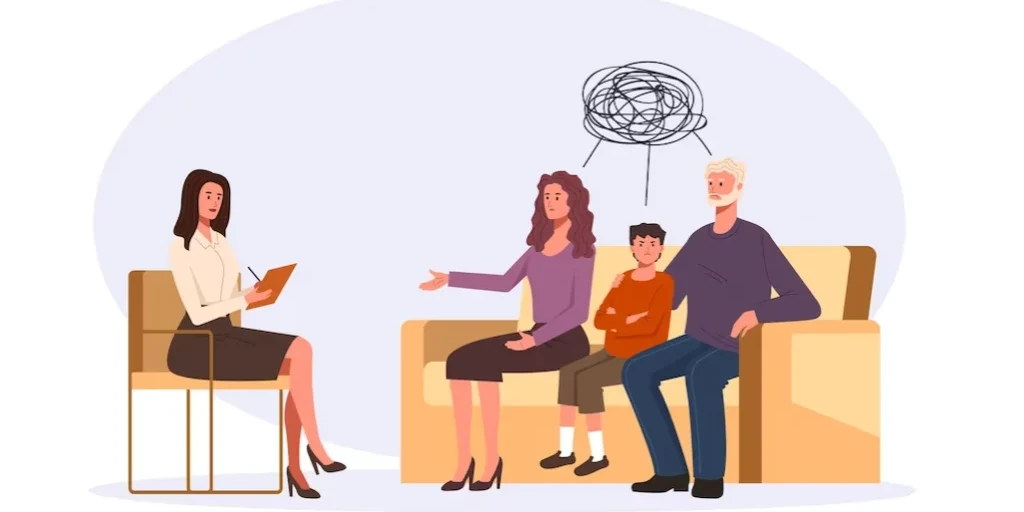24/7 Helpline:
(866) 899-221924/7 Helpline:
(866) 899-2219
Learn more about OCD Treatment centers in Crosslake
OCD Treatment in Other Cities

Other Insurance Options

Access to Recovery (ATR) Voucher

Premera

Cigna

Optima

MVP Healthcare

Multiplan

State Farm

Optum

Aetna

Sutter

Magellan

UnitedHealth Group

Magellan Health

BHS | Behavioral Health Systems

ComPsych

Highmark

Kaiser Permanente

AllWell

Oxford

Health Net




Northern Pines Chemical Health
Northern Pines Chemical Health is a private rehab located in Brainerd, Minnesota. Northern Pines Che...

Pinnacle Recovery Services
Pinnacle Recovery Services is a private rehab located in Brainerd, Minnesota. Pinnacle Recovery Serv...

Mended Reeds Mental Health
Mended Reeds Mental Health (MRMH) is an alcohol and drug rehab center in Ironton, Ohio. They serve m...






































































































Adult Teen Challenge – Life Renewal
Adult Teen Challenge (ATC) Life Renewal is a private, faith-based rehab that provides treatment for ...

Community Addiction Recovery
Community Addiction Recovery is a public rehab located in Brainerd, Minnesota. Community Addiction R...

Northern Pines Mental Health – Brainerd
Northern Pines Mental Health – Brainerd is a private rehab located in Brainerd, Minnesota. Northern ...

Spectrum Outreach Services
Spectrum Outreach Services is a private rehab located in Ironton, OH. Spectrum Outreach Services spe...

Lawrence County Family Guidance Center
Lawrence County Family Guidance Center is a private rehab located in Ironton, Ohio. Lawrence County ...


































































